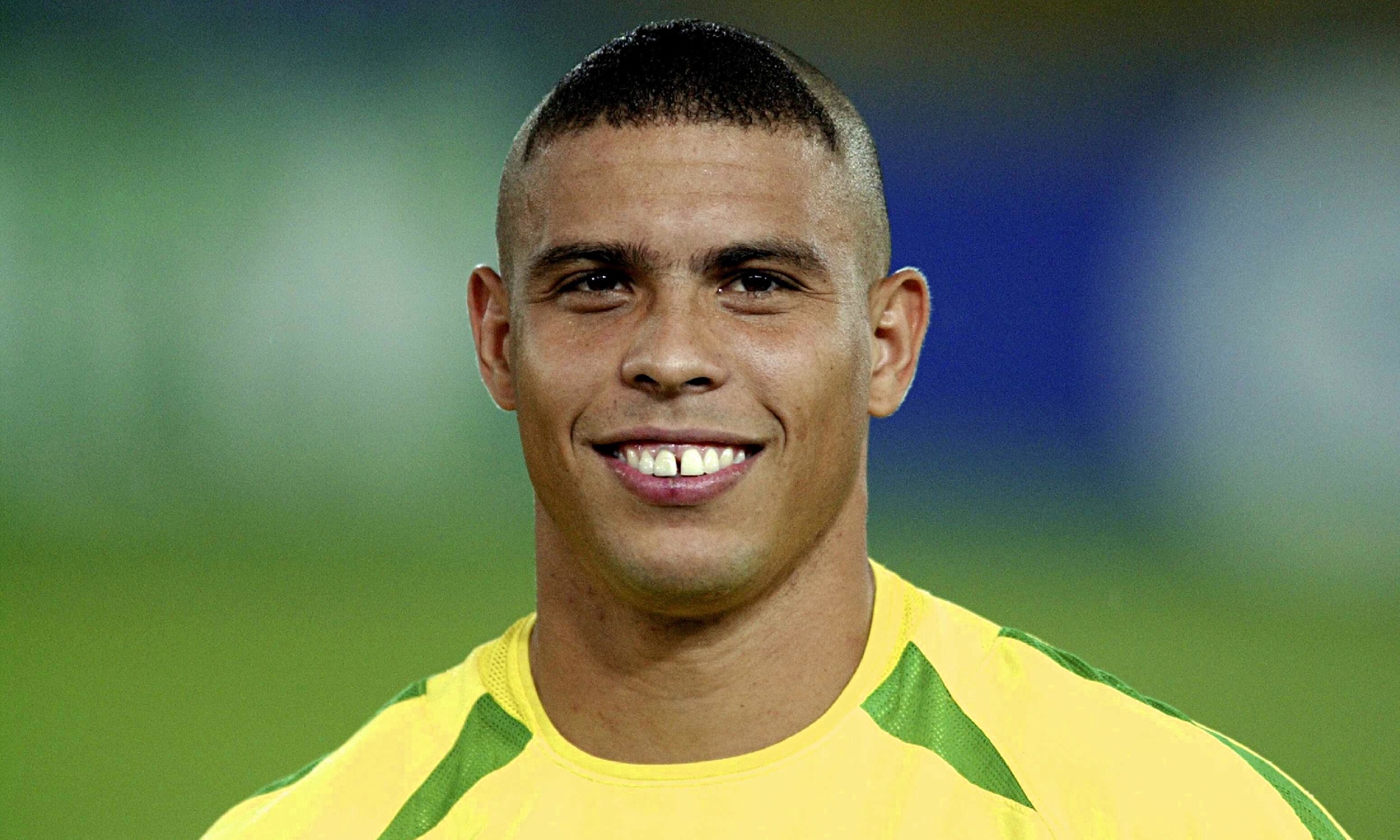Soccer great David Beckham has played for Manchester United, England, Real Madrid and the L.A. Galaxy. He is married to Victoria Beckham, also known as Posh from the Spice Girls.Soccer star David Beckham was born on May 2, 1975, in London, England. A phenom almost from the moment he could first kick a soccer ball, Beckham began playing for Manchester United, England's legendary soccer team, at age 18, and was a starter by age 20. In 2007, he signed a five-year, $250 million contract with the L.A. Galaxy. In May 2013, he announced plans to retire.
Beckham wasted little time in making a splash on the English soccer landscape. The talented goal scorer was named the Professional Footballers' Association Young Player of the Year in 1997. A year later, he was one of the leading faces of England's World Cup team.
His bravado and good looks offered up plenty of off-field potential, too. In 1998, Beckham, who'd already signed a deal with Adidas, netted $13 million in endorsement deals. The Beckham brand only enhanced in value when he met Victoria Adams, also known as "Posh Spice" of the Spice Girls, in 1997. The two quickly fell in love, and on March 4, 1999, they had their first child, a son they named Brooklyn Joseph. Two months later, Beckham and Victoria tied the knot at a lavish $800,000 wedding at a castle outside of Dublin, Ireland.
On the field, Beckham didn't miss a beat. In 1999, he led Manchester United to the Premier League title, the FA Cup championship, and the Champions League title. Thanks to a last-minute free kick against Greece in 2001, England qualified for the 2002 World Cup. That same year, Beckham signed a three-year $22 million contract to remain with Manchester United.
But Beckham's time with United proved to be shorter than anyone thought. In 2003, he was acquired by Real Madrid in a stunner of a deal that brought to light Beckham's growing rift with Manchester's manager, Sir Alex Ferguson.
Spanish soccer fans were thrilled to have their archrival join their team. Americans, meanwhile, were just getting to know him with the release of the movie, Bend it Like Beckham, a delightful movie that tells the story of a young girl who bucks her family's traditional ways, and falls in love with English soccer.
Coming to America
America's fascination with Beckham and his decade of dominance culminated in 2007, when the soccer great moved across the Atlantic to sign a reported five-year, $250 million deal with the L.A. Galaxy. The relocation was as much about giving Victoria Beckham's career a boost (she helped drive the decision to move to the States) as it was to give America's Major League Soccer a shot in the arm. Within 48 hours of the signing, the Galaxy sold more than 5,000 season tickets.
Beckham's career since moving to the United States, however, has been a rocky one. He's been beset by injuries, spraining a knee ligament his first season in L.A., and later missed out on a chance to play in the 2010 World Cup because of an Achilles tendon injury.
In July 2011, he and wife Victoria Beckham, who already had three boys together (Brooklyn, Romeo and Cruz), welcomed a daughter, Harper Seven, into their family.
In 2012, Beckham furthered his success by venturing into a new commercial endeavor, starting an underwear line for the company H&M. As part of Beckham's marketing campaign with H&M, six 10-foot statues of the soccer star in his underwear were installed in New York City; others were installed in Los Angeles and San Francisco.
Announces Retirement
On May 16, 2013—just days after winning a title with French club Paris Saint-Germain—the 38-year-old Beckham announced that he would be retiring at the end of the 2013 season, ending his 21-year soccer career.



